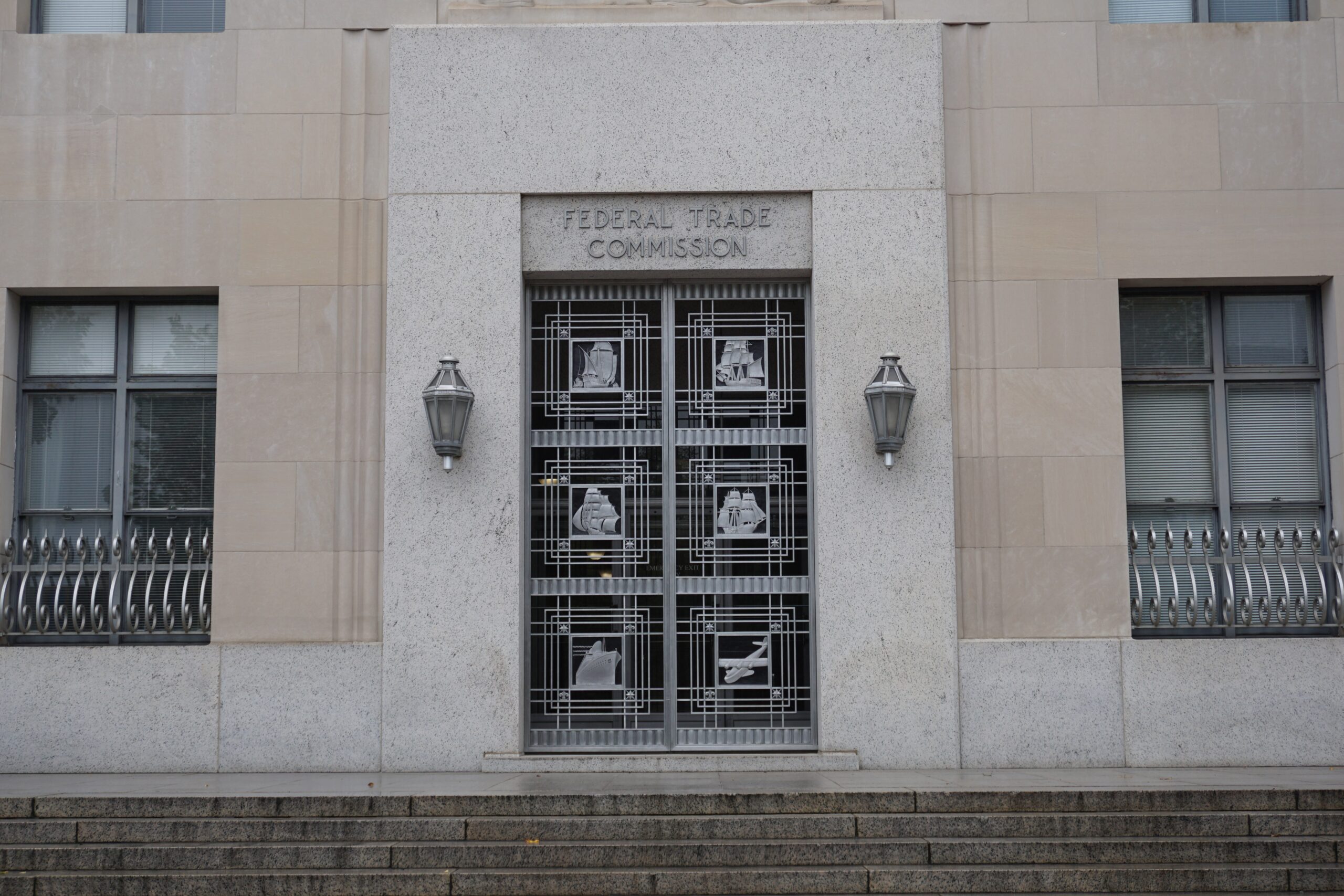
We are excited to present the latest edition of our renowned resource, the 50-State Non-Compete Desktop Reference, thoughtfully updated by our distinguished Trade Secrets, Computer Fraud, and Non-Competes practice group.
Key Features:
- Comprehensive Updates: Covering key jurisdictions such as California, New York, and many more.
- In-Depth Topics: Covers vital aspects such as penalty frameworks, wage thresholds, and notice requirements.
- Expert Contributions: Draw from the knowledge of our Trade Secrets, Computer Fraud, and Non-Competes practice group.
Access: To access this invaluable resource, click here.
Feel free to reach out to your dedicated Seyfarth attorney for any assistance or questions regarding non-compete and trade secrets law.Continue Reading Seyfarth’s Updated 50-State Non-Compete Desktop Reference – Your Trusted Resource





